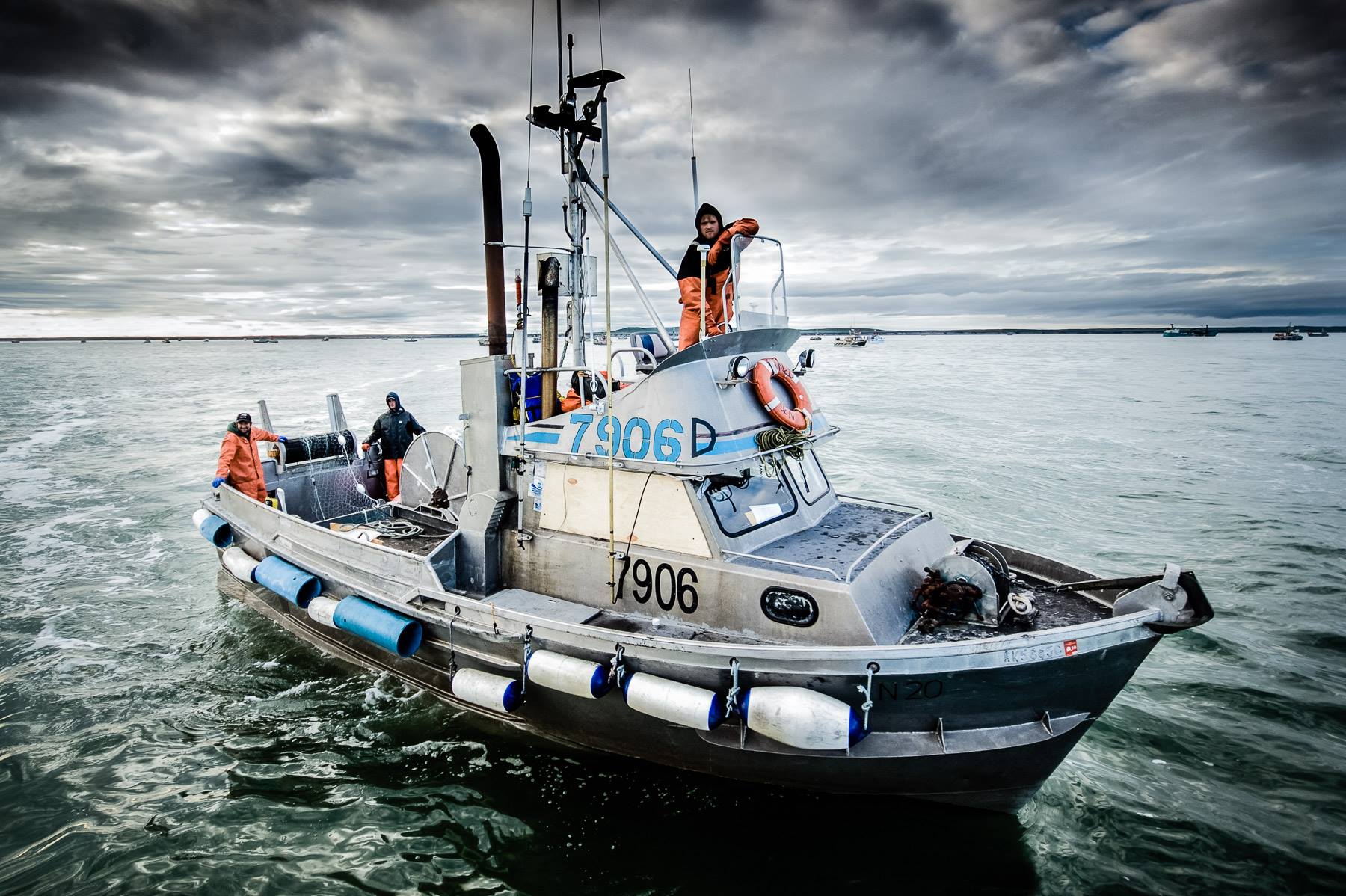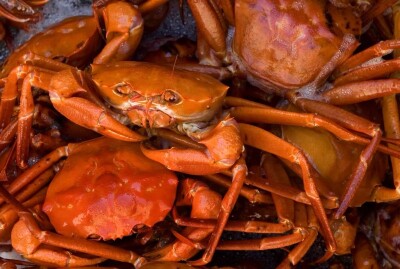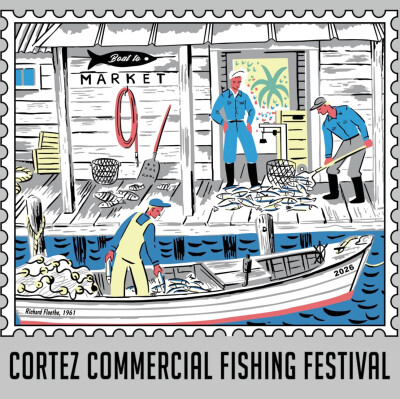A few years ago, I visited the Pebble Partnership’s website and, on the homepage, was greeted by an image of a man wearing a pair of our bibs — the Grundéns logo was front and center. When I took a closer look, I realized that the bibs, in fact, weren’t Grundéns — our suspenders had been manipulated to appear onto a competitor’s bibs. I guess they felt like our suspenders, our logo and our brand stood for something.
I immediately emailed Pebble Partnership. Within the hour, the edited photo was gone. During the last two years, I’ve thought about that moment a lot.
I realized that Grundéns stood for something. The Grundéns name stands for hard work. It stands for family. It stands for fishing. My dad, founder Mike Jackson, has always understood that. He taught me that. The Pebble Partnership attempted to dress themselves in our values even though the organization’s actions ran counter to our beliefs.
At the time, Pebble Mine was effectively dead after our community in Bristol Bay, joined by others, successfully petitioned the EPA to shut it down. Northern Dynasty, the foreign mining company that led the partnership, had filed suit against the EPA, but its investors had fled.
But Pebble Mine is not dead. Over the winter, Northern Dynasty raised nearly $40 million to relaunch the project. In May, the new administrator of the EPA, Scott Pruitt, struck a deal with Pebble that allowed the partnership a second chance at getting the mine permitted in exchange for withdrawing its lawsuits. Currently, EPA is deciding whether to withdraw its 2014 finding to restrict large-scale mining in the Bristol Bay watershed.
It’s time to speak up.
Grundéns has joined hundreds of other businesses and organizations across the country in a national coalition called Businesses for Bristol Bay. Collectively, these companies recognize that the proposed Pebble Mine is fiscally and socially irresponsible, and its development would undermine the integrity of a fishery valued at $1.5 billion annually, 20,000 American jobs, and any businesses directly or indirectly tied to Bristol Bay.
Our message to the EPA and the Trump administration is simple: Protecting Bristol Bay’s renewable resources is an opportunity to protect an economy, an ecosystem and tens of thousands of American jobs.
The 2017 commercial fishing season was one of the most profitable in recorded history for the fishermen of Bristol Bay, with more than 37 million salmon harvested and an estimated ex-vessel value over $215 million dollars. In an average year, Bristol Bay produces more than 40 percent of the world’s sockeye salmon supply, providing 1 billion servings of wild, sustainable protein, generating additional revenue for restaurants, retailers and others in the seafood supply chain. Bristol Bay’s pristine wilderness is also an international destination for hunters and anglers, generating millions of dollars each year for outdoor recreation and sporting businesses. Like these companies and industries, Grundéns succeeds when Bristol Bay succeeds.
We aren’t red. We aren’t blue. We are fishing. When bad ideas threaten our livelihood, we are going to stand with our community. We may lose a few customers. Some may tell us to stay out of politics, but this issue comes down to common sense. Ripping a hole in the heart of the world’s largest sockeye salmon fishery, a 130-year-old commercial fishing community and threatening American jobs is a bad idea — plain and simple. Bristol Bay, we are in the boat with you.
If that means being accused of being political, so be it. When you know something is wrong and you say nothing, you become complicit in the problem. We think Pebble Mine is a problem, and so do hundreds of businesses, from Bristol Bay to Boston. We ask any business that directly or indirectly benefits from Bristol Bay or the Alaska Seafood brand to join our coalition. Visit www.b4bb.org to learn how.
Join us for panel discussion on the future of Pebble Mine this Friday at 1 p.m. at Seattle's Pacific Marine Expo.
Email Dock Talk submissions to [email protected]. Submissions should be approximately 600 words and include daytime phone number and Social Security number. Authors published in Dock Talk receive $150.







